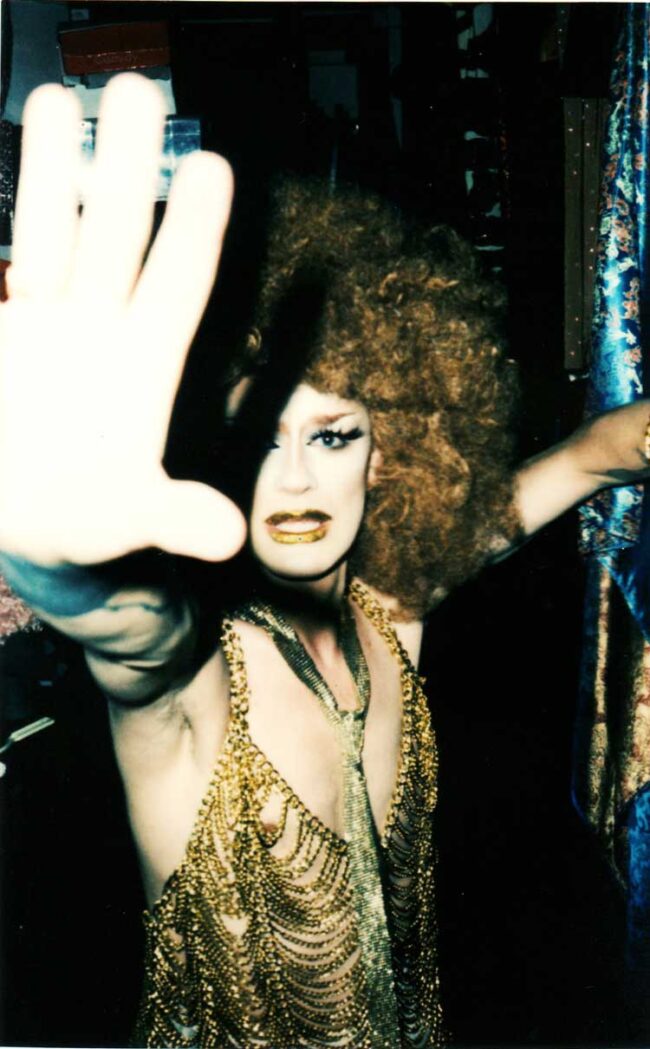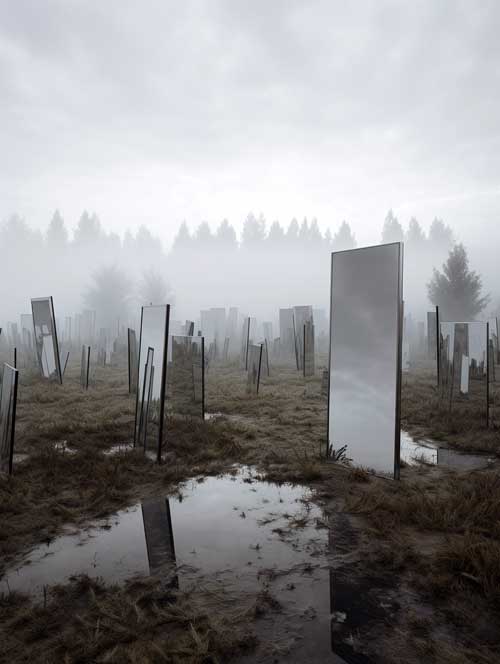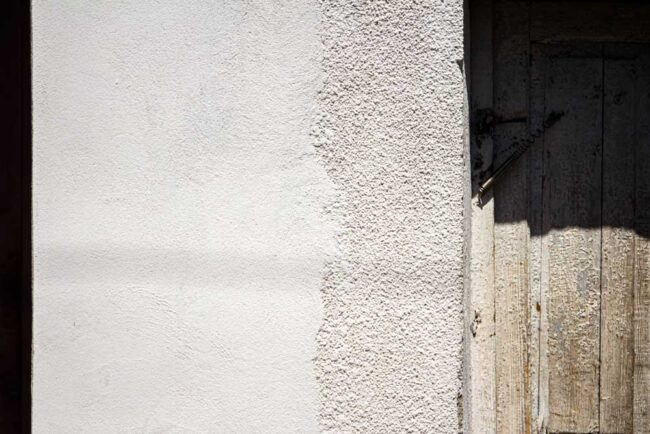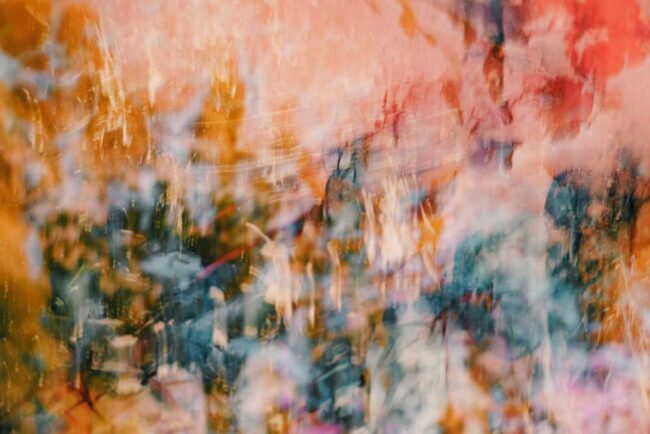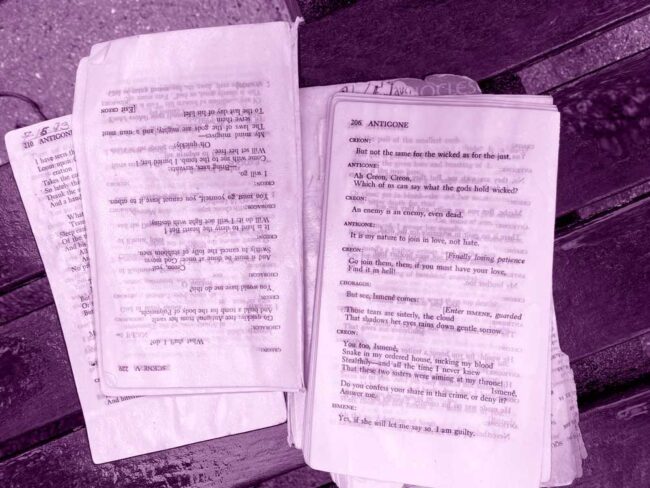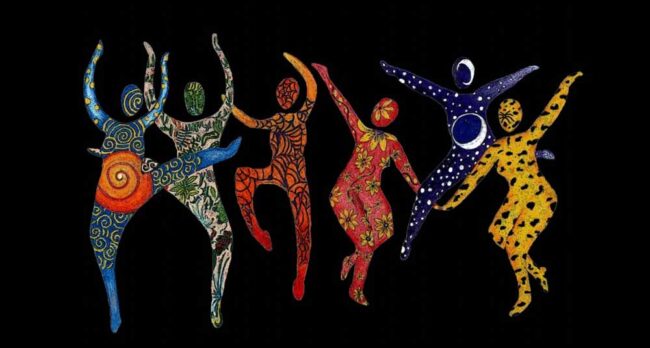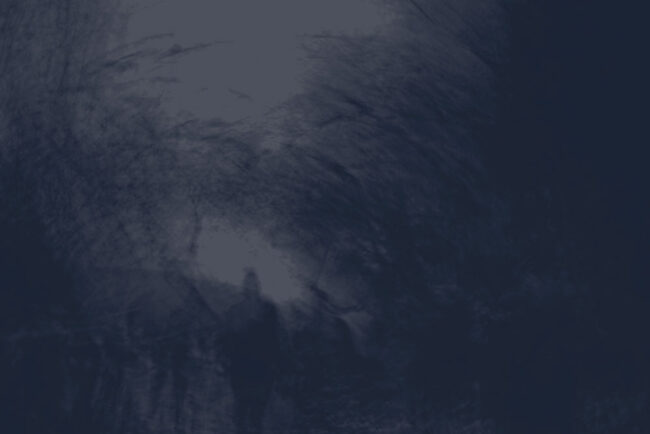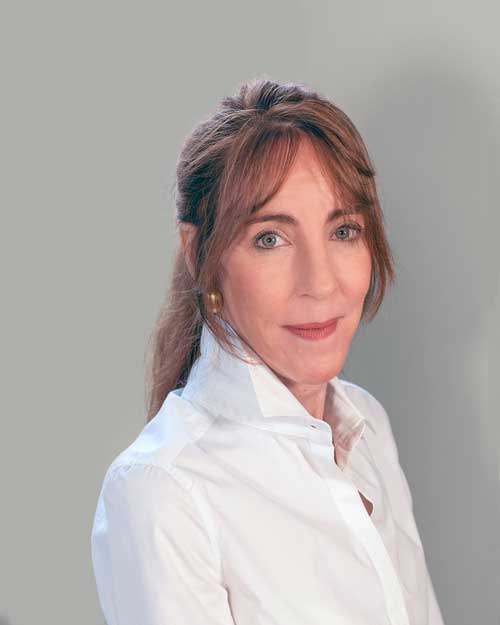Breaking Narratives by Diana E. Moga
I am writing to share my personal narrative and reaction to recent events at APsaA and in the Middle East. I am Jewish, and I lived in Israel from the time I was five, when we immigrated to Israel from Romania in the midst of the Lebanon War, to the time I was fourteen, when we left as the sirens wailed during the Gulf War. I watched Holocaust documentaries every year on Remembrance Day from the time I was eight years old.


